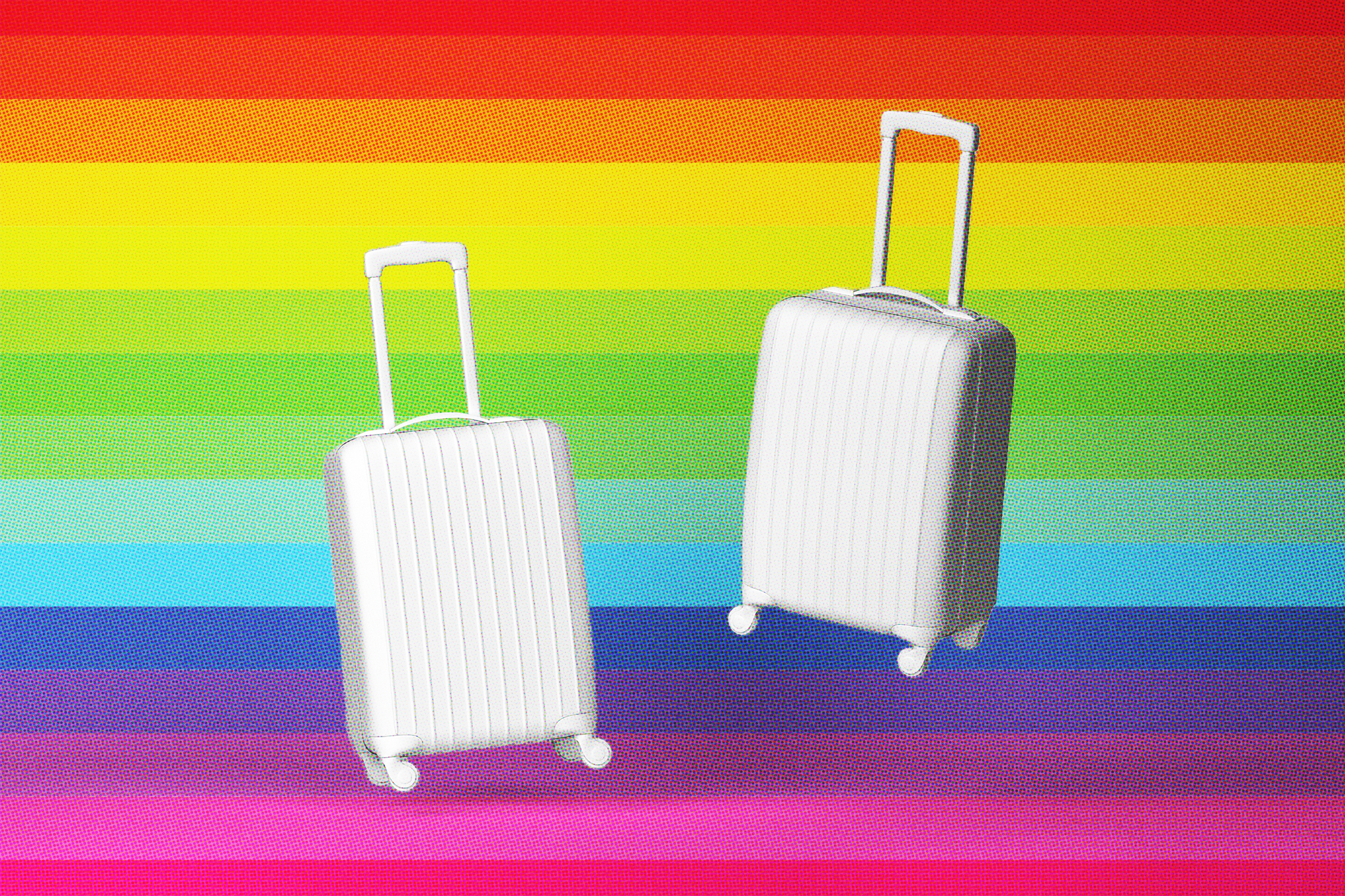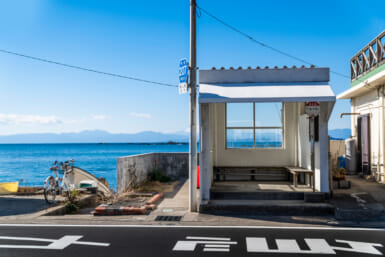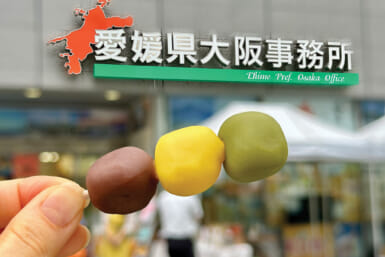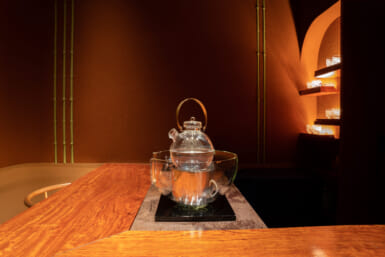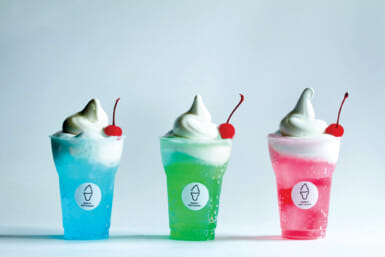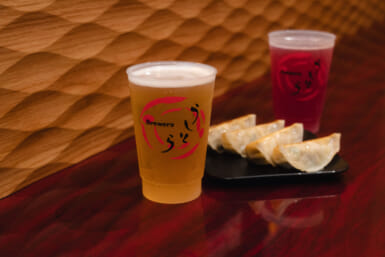From visiting shrines to eating authentic sushi, tradition is a big reason why Japan attracts so many tourists year-round. Despite being the only G7 country yet to legalize same-sex marriage, it’s probably one of the safest travel destinations in the world for tourists, including members of the LGBTQ community. If you’re a queer person planning your next trip to Japan, here’s a rundown on what you should know, so you can have the best experience.
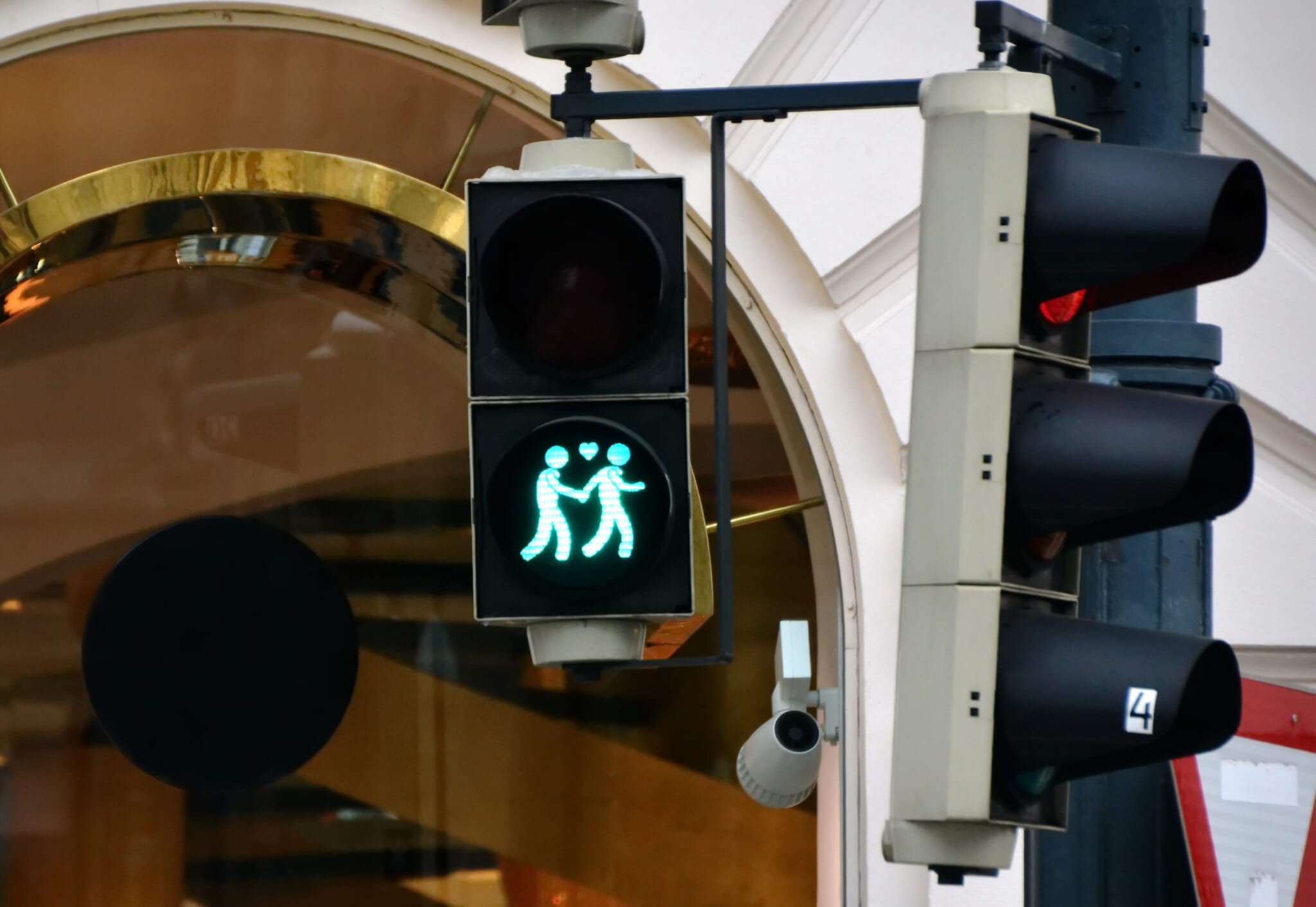
Legality and Public Opinion
Same-sex marriage isn’t legal in Japan, though several municipalities and prefectures offer same-sex partnership certificates. There are also some laws against discrimination due to gender and sexual orientation. However, for the most part, it lacks a comprehensive, national system that protects queer people. From a tourist’s perspective, though, the worst you would probably experience being gay in Japan is a nasty side-eye.
This side-eye might not even be caused by queerness. In Japan, relationships and physical affection are a private matter, so public displays of affection as a straight couple could even lead to some gawking. As a largely homogeneous country, Japanese people might also look at foreigners for a little too long — usually with no malice, just curiosity. Japanese society rewards humility and blending in, so if you want to be unique and outspoken in all your glory, just be prepared to be glanced at.
In a survey by The Asahi Shimbun in February of this year, 72% of respondents said that same-sex marriage should be legalized. Tourists in Japan who “look” foreign, (i.e., not Asian) may experience less discrimination as well, since Japanese residents tend to give people the “foreigner pass” to act outside the norm. But overall, if you’re hanging out in the more metropolitan areas, getting mistreated in Japan is not that likely, though it always helps to be aware of your surroundings.
Accommodation
One thing to be cautious of while traveling in Japan is finding proper accommodation. A lot of people opt for love hotels for a cheap, last-minute accommodation, but unfortunately, there have, in the past, been reports of love hotels denying entrance to queer couples. To avoid any unpleasant aggression, it’s best to secure your hotel ahead of time. Most hotels won’t give you any trouble, but you can use Out Asia Travel’s hotel search engine to ensure you stay at an LGBTQ-friendly establishment.
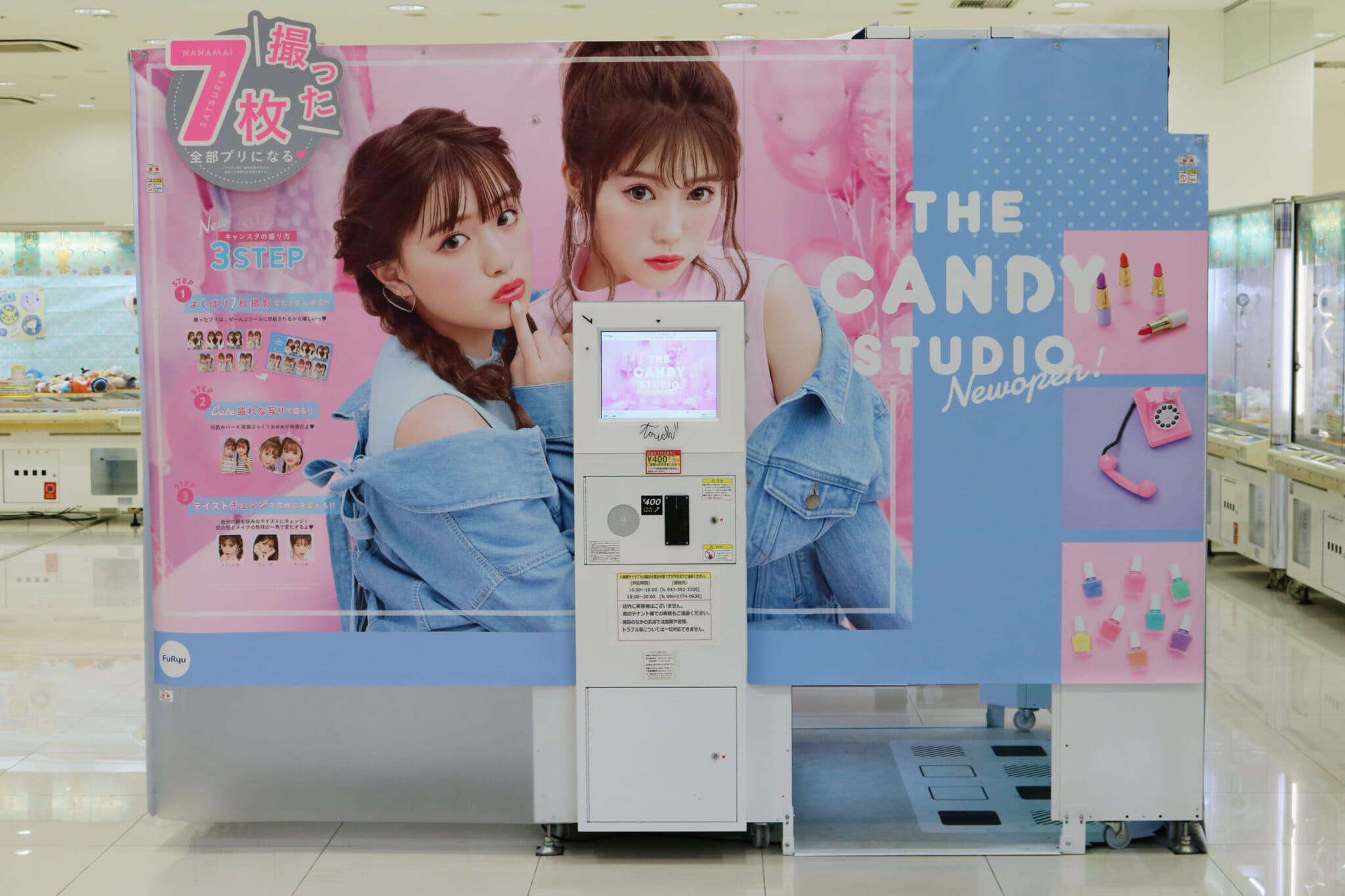
Gendered Spaces
Gender norms in Japan remain quite rigid, and there are unique gendered rules like female-only train cars during rush hour. Although these rules exist to protect women, they indirectly make some spaces harder for gay couples to access.
For example, purikura, the hyper-filtering photobooth phenomenon popular among Japanese high school girls, is a fun activity for couples to partake in. However, game centers often have a whole separate floor for purikura which can’t be accessed by men alone. If a gay couple wants to take purikura photos, they might have to ask a woman to join them on the purikura floor.
Onsen
Another area of concern might be at hot spring facilities. Most onsen are communal spaces, where you’ll have to strip down to your birthday suit. This can be uncomfortable for anyone not used to onsen or public baths. For transgender, gender queer and intersex people, nudity may possibly be a slight obstacle. Although it is unlikely for anyone to react violently, onsen staff or guests may react negatively, or ask non-cisgender folks to leave the premises for the comfort of other guests.
If getting naked in front of strangers is outside your comfort zone for any reason, you don’t have to miss out on the amazing cultural experience of an onsen. There are properties where you can wear swimsuits, and often onsen resorts (ryokan) offer private baths that you can reserve a time slot for. These private baths can be enjoyed alone or with a private party, which eliminates any anxiety you might have about stripping down in front of strangers.
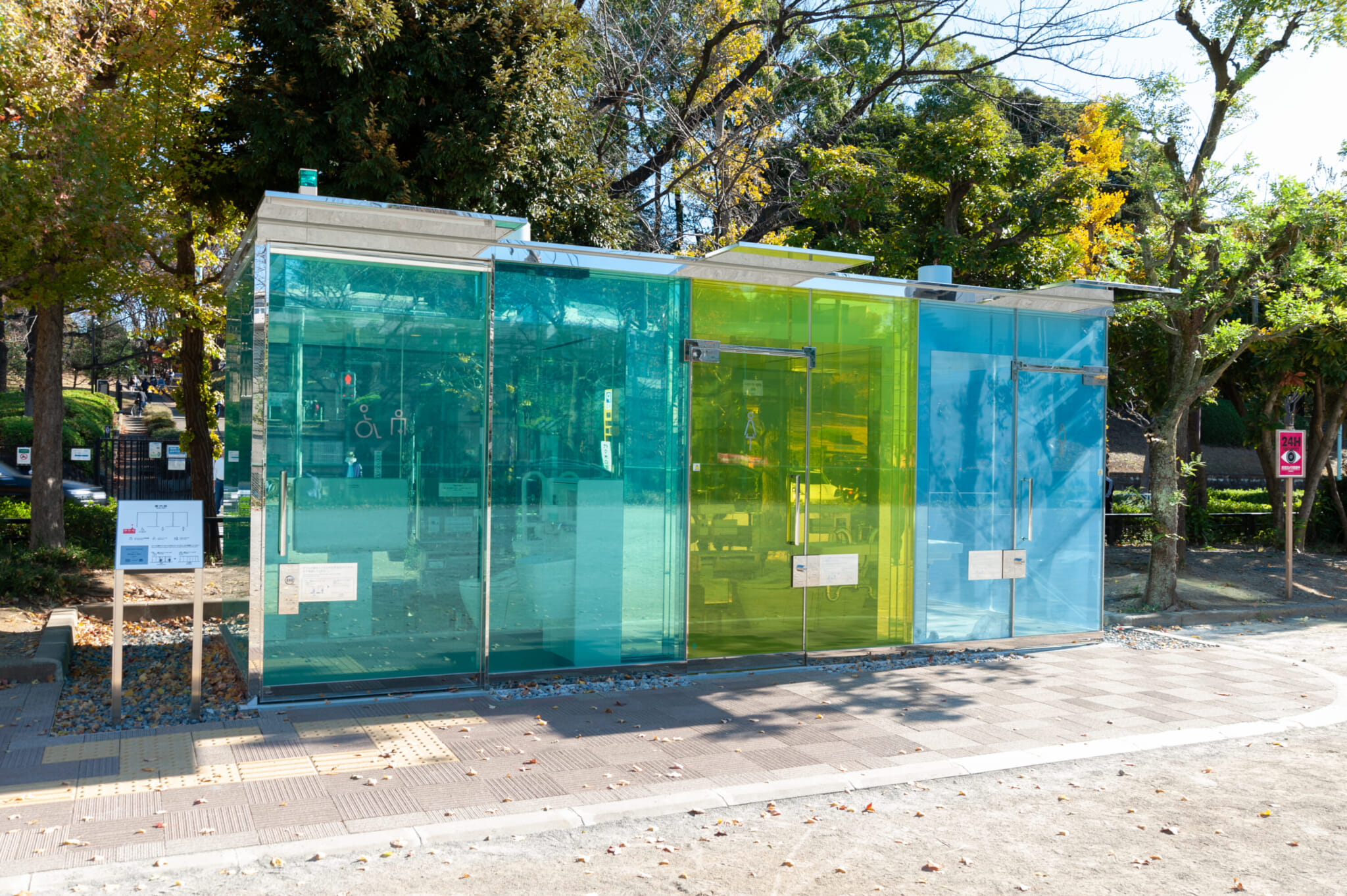
Bathrooms
With warm seats and elaborate bidets, Japanese bathrooms are world-famous, but also a source of heated debate. The Supreme Court recently held a hearing regarding bathroom usage in the workplace. In the current political climate, non-cisgender-passing people might get some weird looks using a gendered bathroom, though again, any escalation to a violent situation is unlikely.
To avoid any aggression, micro or otherwise, there are often single-stalled family or handicapped bathrooms that you can use. There are exciting innovations like artful, gender-neutral bathrooms being constructed all over Shibuya, but as with any situation, gauge your surroundings and make decisions to keep yourself safe.
Nightlife
The common clubs (i.e., the straight clubs) are mostly spread out in Roppongi and Shibuya. Although not expensive by big-city standards, the cover can be upwards of ¥3,000 for a man, so it might get pricey if you’re hitting the town as a gay couple.
If you’re hoping to find a community of queer folks in Japan, hitting the gay hubs is probably your best bet. The main queer districts of Japan are Shinjuku Nichome in Tokyo and Doyamacho in Osaka. You’ll find iconic gay bars and clubs, as well as drag performances on the weekends.
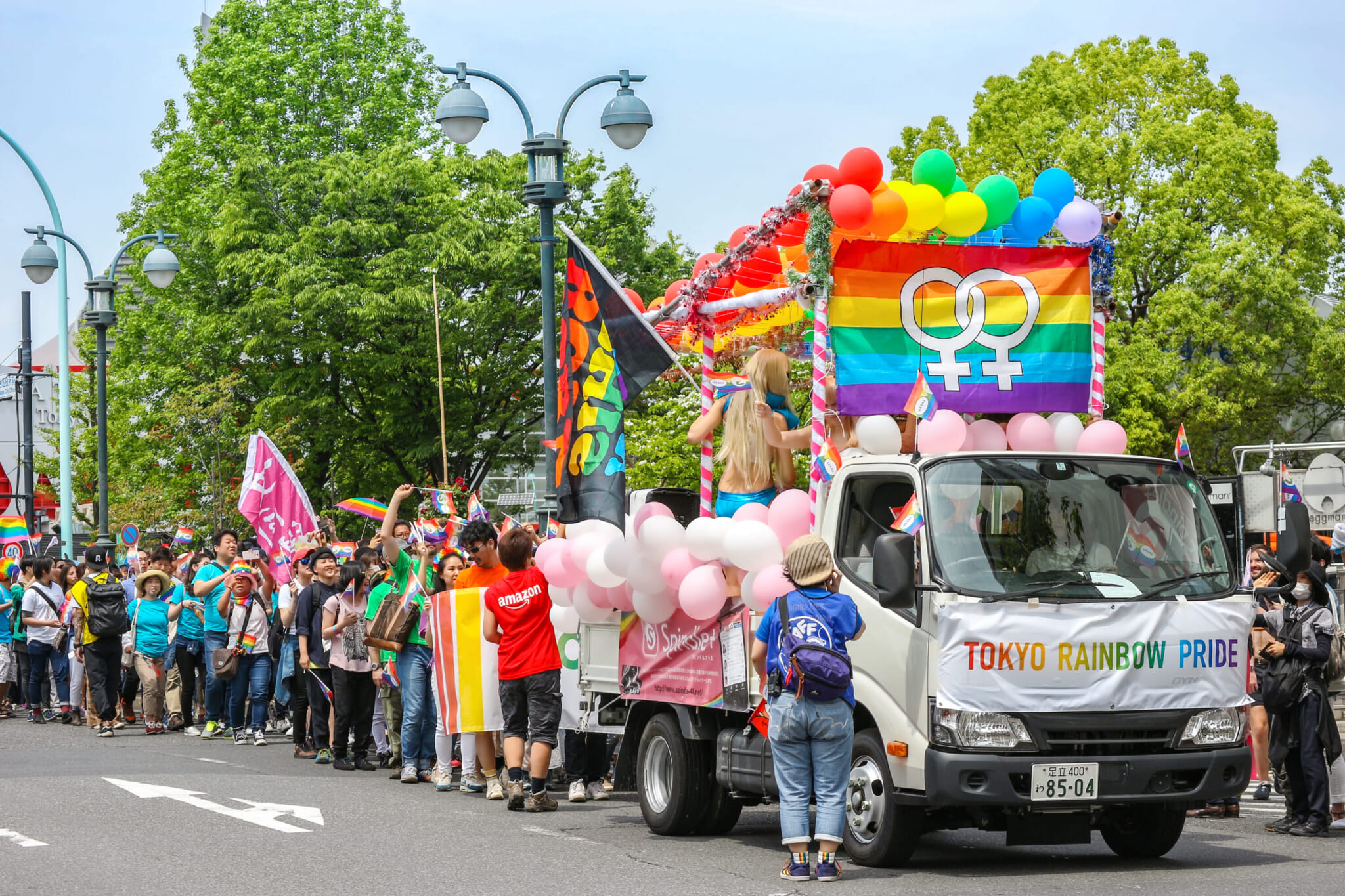
Pride
Japan’s Pride Month is in April, so if you’re visiting during the country’s beautiful spring season, you might even be able to stop in for Tokyo Rainbow Pride. The streets of Shibuya and Harajuku are splashed with the colors of the rainbow in celebration, demanding better LGBTQ rights. Tokyo Rainbow Pride usually happens in the latter half of April, and there are pride events throughout the city up to early May. If you want to be part of Japan’s political movement for equality, April is definitely a great month to visit.
Overall, traveling to Japan is quite safe for a queer person. But when traveling to any country, you should be aware of the social norms to not be caught off-guard. Japan can be a little conservative, but as long as you pay attention to your surroundings, you’re set to enjoy the unique traditions the country has to offer.

